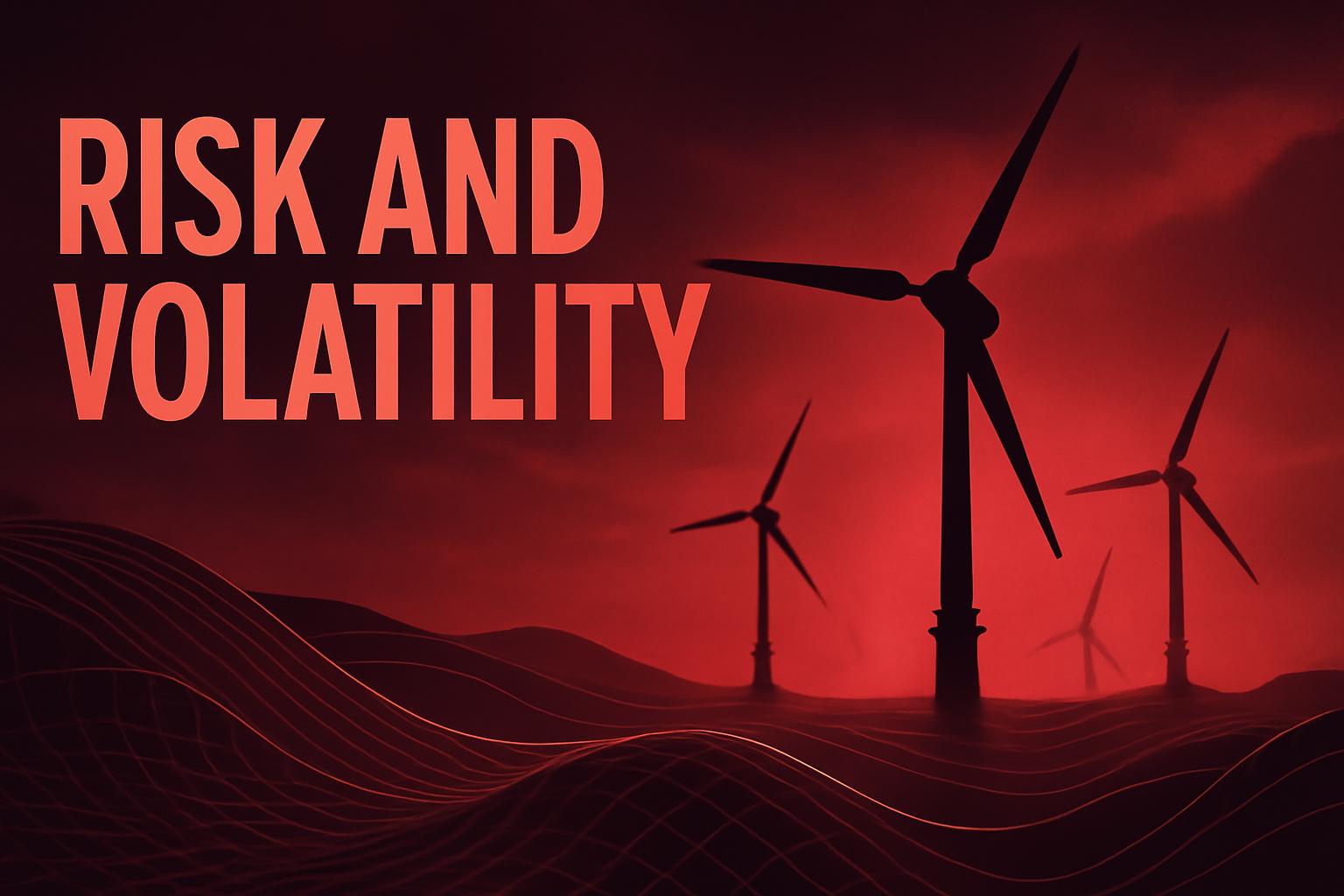Interior Secretary Confirms Halt to Offshore Wind Development in U.S.
At the Gastech conference in Milan, Interior Secretary Doug Burgum delivered a stark forecast for the offshore wind sector in the United States, stating unequivocally that under the Trump administration, offshore wind has no future. Burgum cited the high costs and perceived unreliability of offshore wind energy as key reasons for the administration’s opposition.
Reviewing Existing Offshore Wind Projects
Burgum oversees federal leasing and permitting of offshore wind farms through the Department of the Interior and revealed that the agency is conducting an extensive review of five offshore wind projects currently under construction. These projects include Revolution Wind off Rhode Island; Vineyard Wind 1 off Massachusetts; Coastal Virginia Offshore Wind; Sunrise Wind and Empire Wind, both off New York.
Although these projects previously received permits, Burgum described their expedited approval processes as ideologically driven and fast-tracked. The administration’s review raises significant uncertainty about their completion.
Construction Halts and Security Concerns
In August, the Department of the Interior ordered Danish energy company Orsted to halt work on the Revolution Wind project, which is reportedly 80% complete with billions invested. The stoppage was attributed to national security concerns, though details remain limited.
Similarly, Empire Wind experienced a temporary stop-work order in April but resumed construction after the Department of the Interior negotiated terms related to new natural gas capacity.
Economic Viability and Policy Implications
Burgum expressed skepticism about the economic feasibility of completing some of the current projects, suggesting that proceeding could result in substantial taxpayer losses potentially benefiting hedge funds. This reflects the administration’s broader skepticism toward renewable energy subsidies and investments.
Industry executives have warned that the Trump administration’s aggressive stance against wind and solar energy could precipitate a power shortage, driving up electricity prices nationwide.
Looking Ahead
Discussions continue between the administration, Orsted, and regional governors, but Burgum declined to confirm whether halted projects like Revolution Wind will resume. The outcome of these talks and the administration’s policy trajectory will be critical to the future of offshore wind in the U.S.
FinOracleAI — Market View
The Interior Department’s hardline approach to offshore wind projects under the Trump administration is likely to have a negative short-term impact on the renewable energy sector, particularly companies involved in offshore wind development and related supply chains. The uncertainty surrounding project approvals and construction halts raises risks of delays and increased costs, which may deter investment. Market participants should watch for updates on regulatory reviews and any policy shifts that could alter the trajectory of these projects. Broader energy market dynamics may also be influenced if renewable capacity additions slow, potentially increasing reliance on fossil fuels and affecting electricity prices.
Impact: negative













